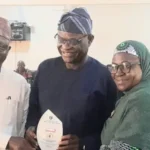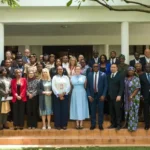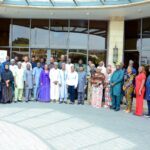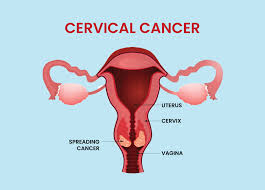The event, themed “Redefining the Future of Cancer: Prevention, Access and Equity for All,” brought together key stakeholders to chart a new course for improving cancer prevention and treatment outcomes.
Adewole, also newly elected President of the Nigerian Academy of Medicine (NAMed), revealed that more than 15 million Nigerian girls had been vaccinated against HPV—a major milestone in prevention efforts.
He advocated for cancer screening to be funded under the National Health Insurance Authority (NHIA), arguing that outdated methods like Pap smears should be replaced with HPV DNA testing nationwide.
“We are asking NHIA to fund HPV DNA testing.
Dr Ibrahim Oloriegbe, NHIA Chairman, emphasised the call for regular cervical cancer checks, warning that late detection had significantly increased the disease’s mortality rate across the country.
He stressed that no woman should die from cervical cancer, encouraging biannual screening for women of certain ages and emphasising similar screening for prostate and breast cancers.
Prof. Anuja Jinghran, Radiation Oncologist from the University of Texas MD Anderson Cancer Centre, described cervical cancer as entirely preventable yet still the fourth most common cancer among women globally.
Jinghran called for stronger policy implementation, vaccine distribution, widespread screening, treatment of precancerous lesions, and research to help Nigeria align with WHO’s cervical cancer elimination goals.
Prof. Abidemi Omonisi, President of the Nigeria Cancer Society, warned that in spite of investments, rising cancer deaths and late diagnoses suggested that current strategies were ineffective and must be revised.
“We keep losing Nigerians to cancer at advanced stages.
Prof. Usman Malami-Aliyu, Director General of NICRAT, described the conference as a global convergence of research, innovation, and collaboration aimed at tackling Nigeria’s rising cancer burden through actionable solutions.
He added that the platform was vital for promoting global partnerships, awareness campaigns, training of healthcare professionals, and the adoption of cutting-edge technologies to support Nigeria’s cancer control efforts.” (NAN)(www.nannews.ng)












